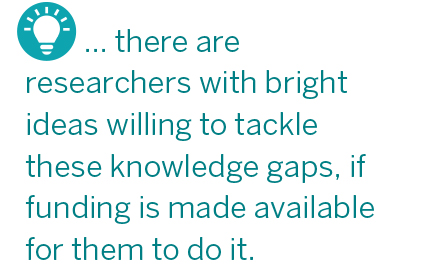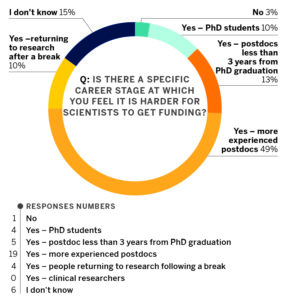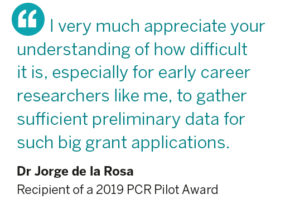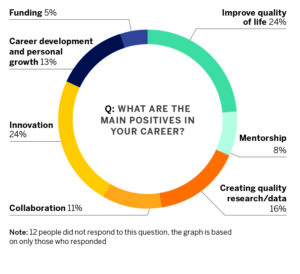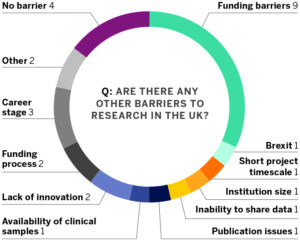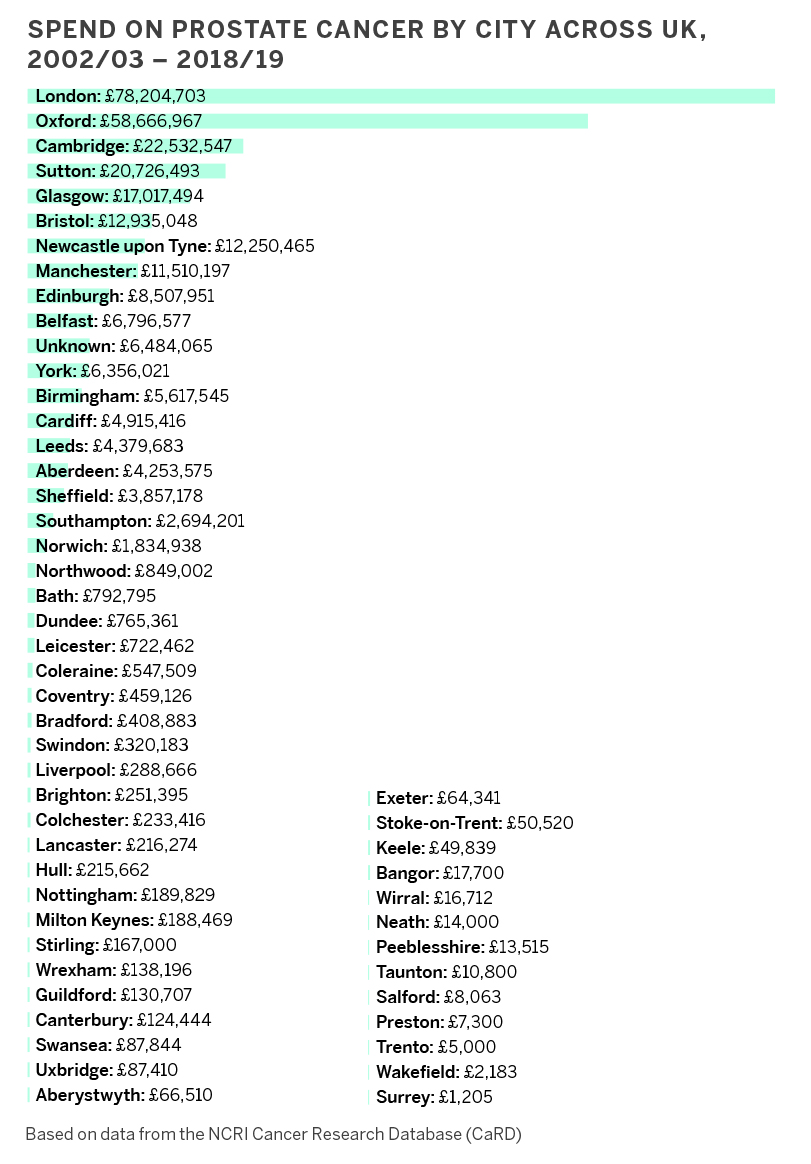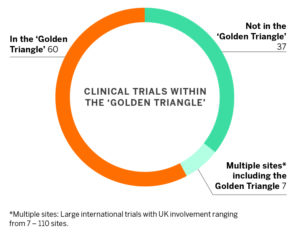To make sure that PCR will have the most impact, we need to step back, analyze the entire landscape and evaluate whether what we are doing has the most bang for buck and is creating the best world possible for our community. We are currently fundraising for a US Prostate Cancer Ecosystem Report.
Read on to learn about what we found from our UK Ecosystem Review.



